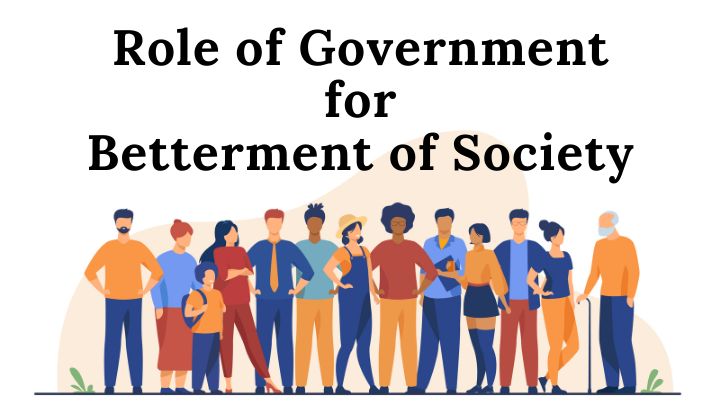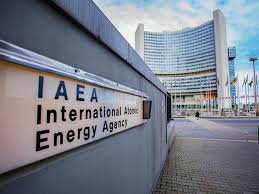Editorial
After significant delays of over two years, Punjab and Islamabad Capital Territory are finally gearing up for local government elections. According to resources, during a recent meeting, representatives from both administrations informed the Election Commission of Pakistan (ECP), the constitutional body responsible for organizing and conducting the elections, that the constituency delimitation work in Punjab had been completed, and it is set to be concluded by July 23 in the capital territory.
The Punjab government has also established a committee to draft a new local government (LG) law, with various proposals currently under discussion. The final form of the law will reveal the extent of the government’s commitment to devolving power to the grassroots.
While local governments in three other provinces have eventually become functional, albeit after the legally stipulated 120-day period and only after repeated reminders by the apex court, they still lack the authority to significantly improve the quality of life at the grassroots level. This includes addressing local needs for essential services such as water, schools, medical facilities, roads, as well as responding to climate change-induced emergencies like floods and droughts.
One significant issue is the widening disparities causing discontent in the least developed areas within provinces, particularly between the central and southern regions of Punjab. However, the potential for effective local governance to lead to better resolution of these disparities offers a ray of hope for the future.
Unfortunately, provincial governments have been reluctant to decentralize administrative and fiscal control. This reluctance has led to the allocation of budgetary resources for essential development works and social services to ruling party legislators to secure support during elections, rather than based on the actual needs of the local communities. This practice needs to be stopped, and provincial governments should adopt a resource distribution formula similar to the National Finance Commission’s for local governments.
The lack of continuity and effectiveness in local governments, despite the Constitution’s Article 140-A stating the devolution of political, administrative, and financial responsibilities and authority to elected representatives of local governments, underscores the urgent need for a whole new chapter devoted to local governments, necessitating a constitutional amendment.
However, achieving this will be challenging, as the major political parties in Parliament and ruling in the provinces have shown a preference for maximum provincial autonomy but are hesitant about devolving power to the third tier of governance.

















